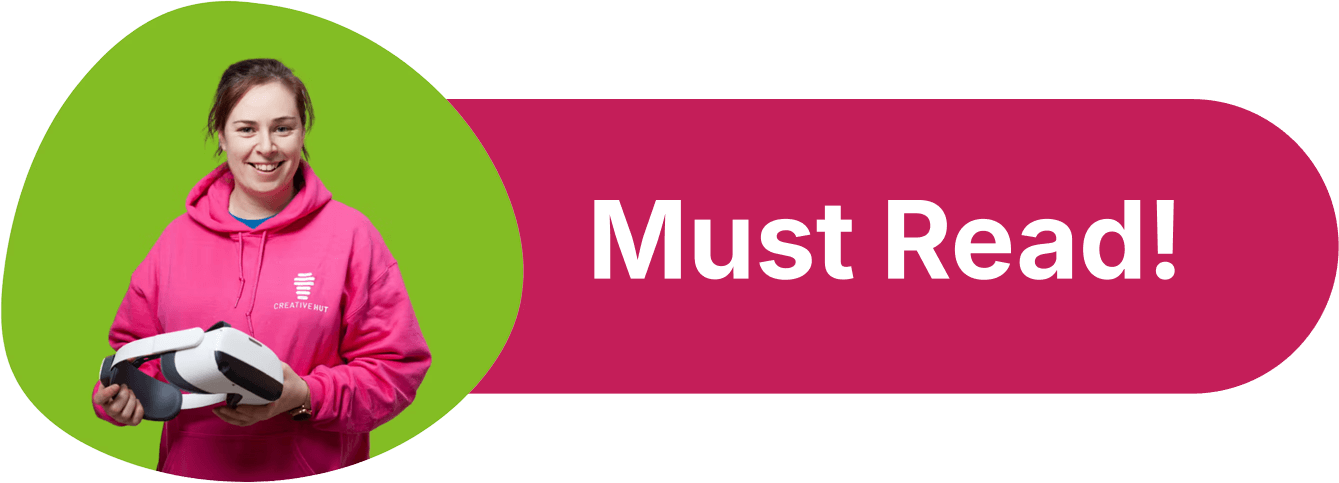The core challenge was to design an educational experience that would spark student interest in STEAM while grounding learning in real-world environmental issues. The project aimed to foster key skills such as teamwork, critical thinking, and communication while ensuring that both primary and secondary school pupils were equally engaged. Additionally, the program needed to shine a spotlight on emerging green careers within the local industrial sector bringing relevance and aspiration into the classroom.
CreativeHUT designed a multi-day STEAM program that combined interactive learning with climate awareness. Each day involved introducing the Net Zero campaign, then themed group activities and practical robotics activities. During the curriculum we provided storytelling and hands-on learning via LEGO® Education Spike Prime which engaged students in an interactive way through design, coding and problem-solving with their peers. The sustainability themes were intentionally embedded to ensure relevance and engagement.
The sessions were delivered by qualified CreativeHUT facilitators, whilst local teachers and representatives from the St Helens Chamber were offered the chance to attend and experience how the experience was delivered to support community building and further advocacy for further buy-in and collaboration in the future. Across the nine experience days, the pupils engaged with robotics workshops, in which they built Spike Prime robots to complete missions based on Net Zero aims (for example, collecting hydrogen fuel cells to bring back to the depot).
The students also developed core STEAM capabilities, through a series of problem-solving tasks, including; engineering LEGO vehicles and exploring forces and motion, programming Sphero robots to navigate a complex maze and working collaboratively to create a large-scale LEGO Earth mosaic, with all three being play-based activities which supported central science concepts and fostered purposeful collaboration and experimentation.
At the end of each day, pupils were asked to reflect on what they had learnt by participating in an 'Innovation Briefing- this involved researching an authentic sustainability challenge in the world and proposing their own ideas to solve this real-world sustainability problem. The student proposals will be showcased at an event we hope will be in July, linking their learning in the classroom to what is going on in the world with climate change.











